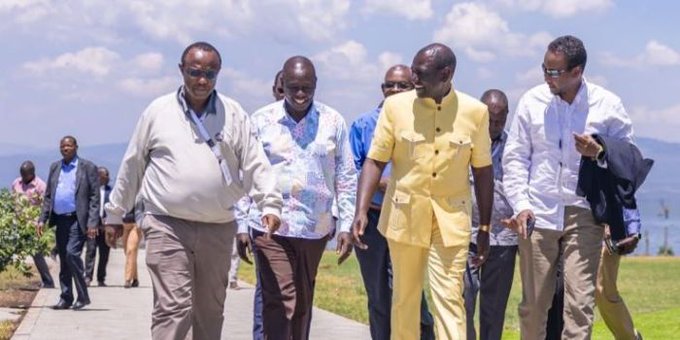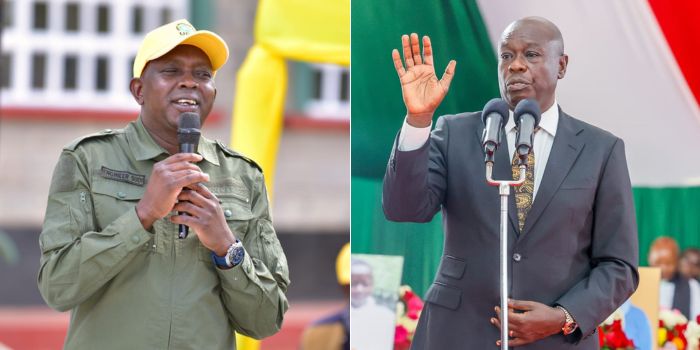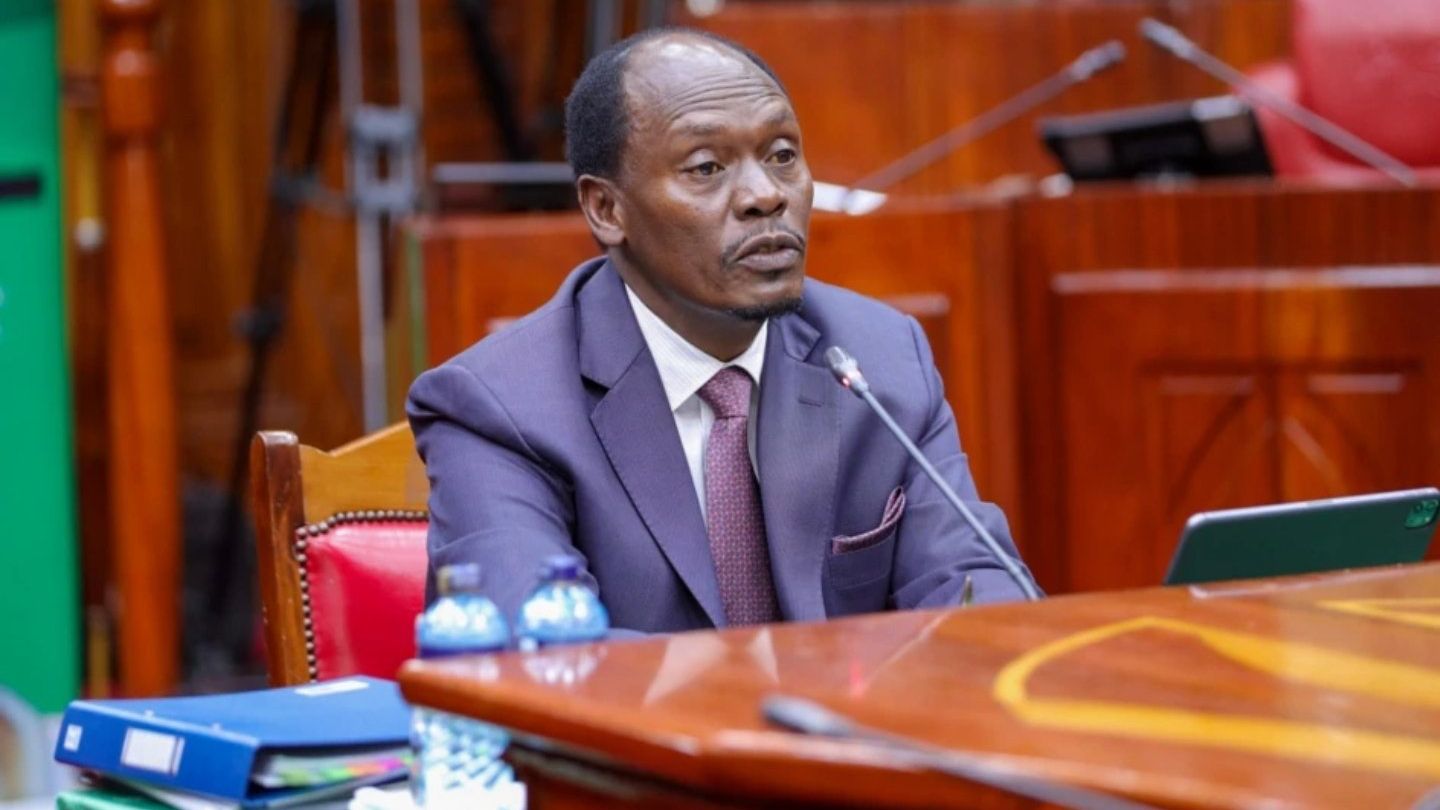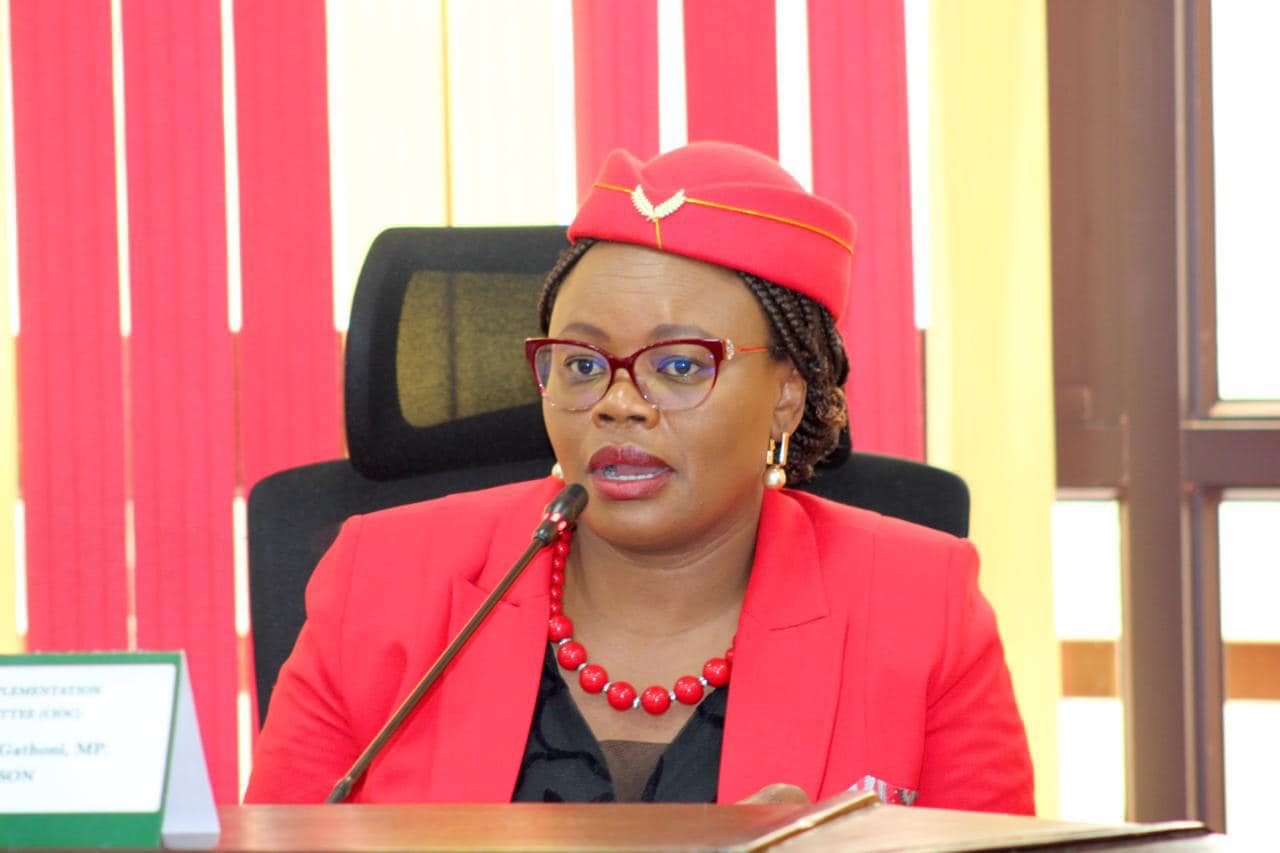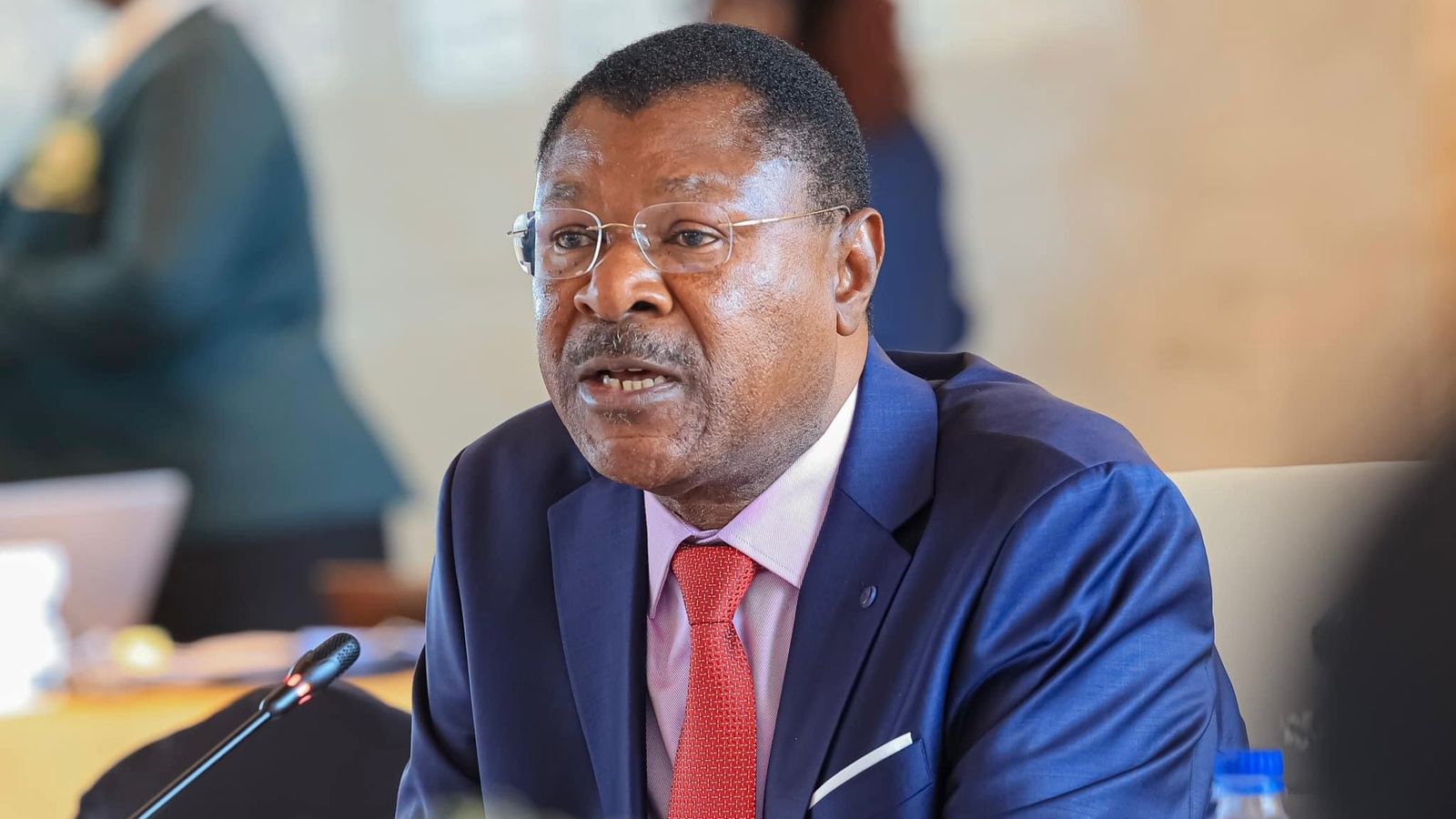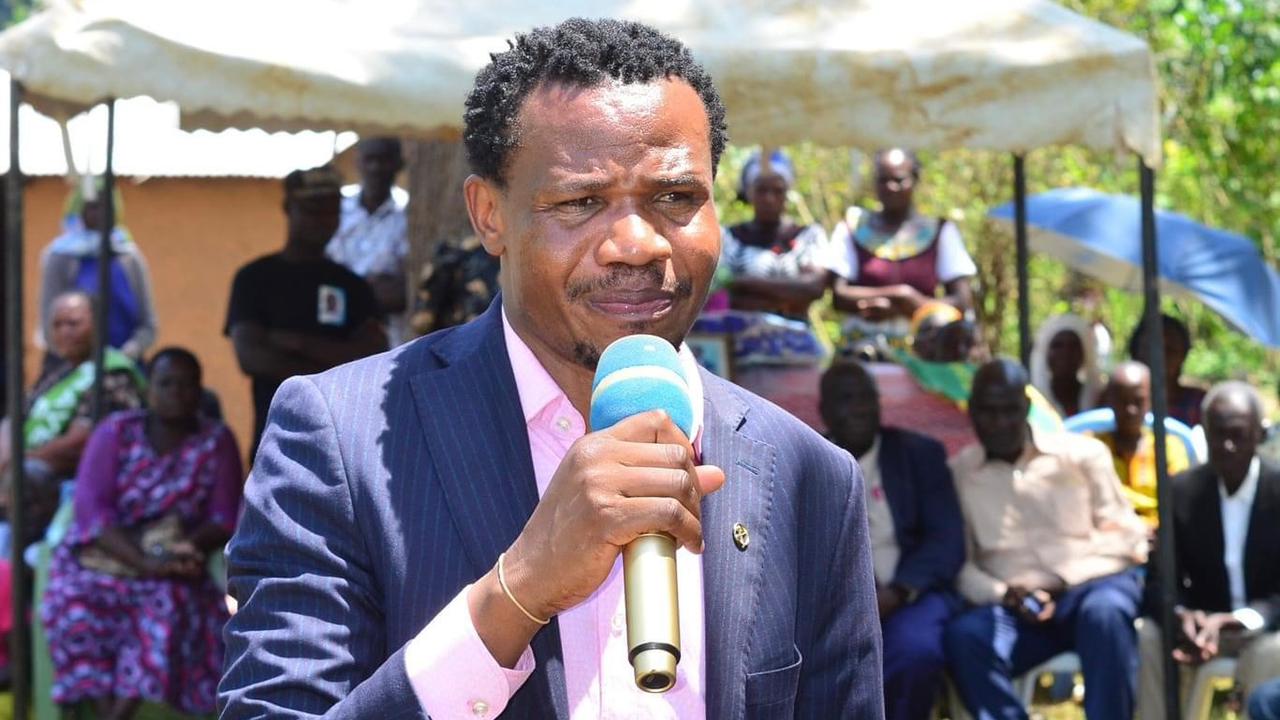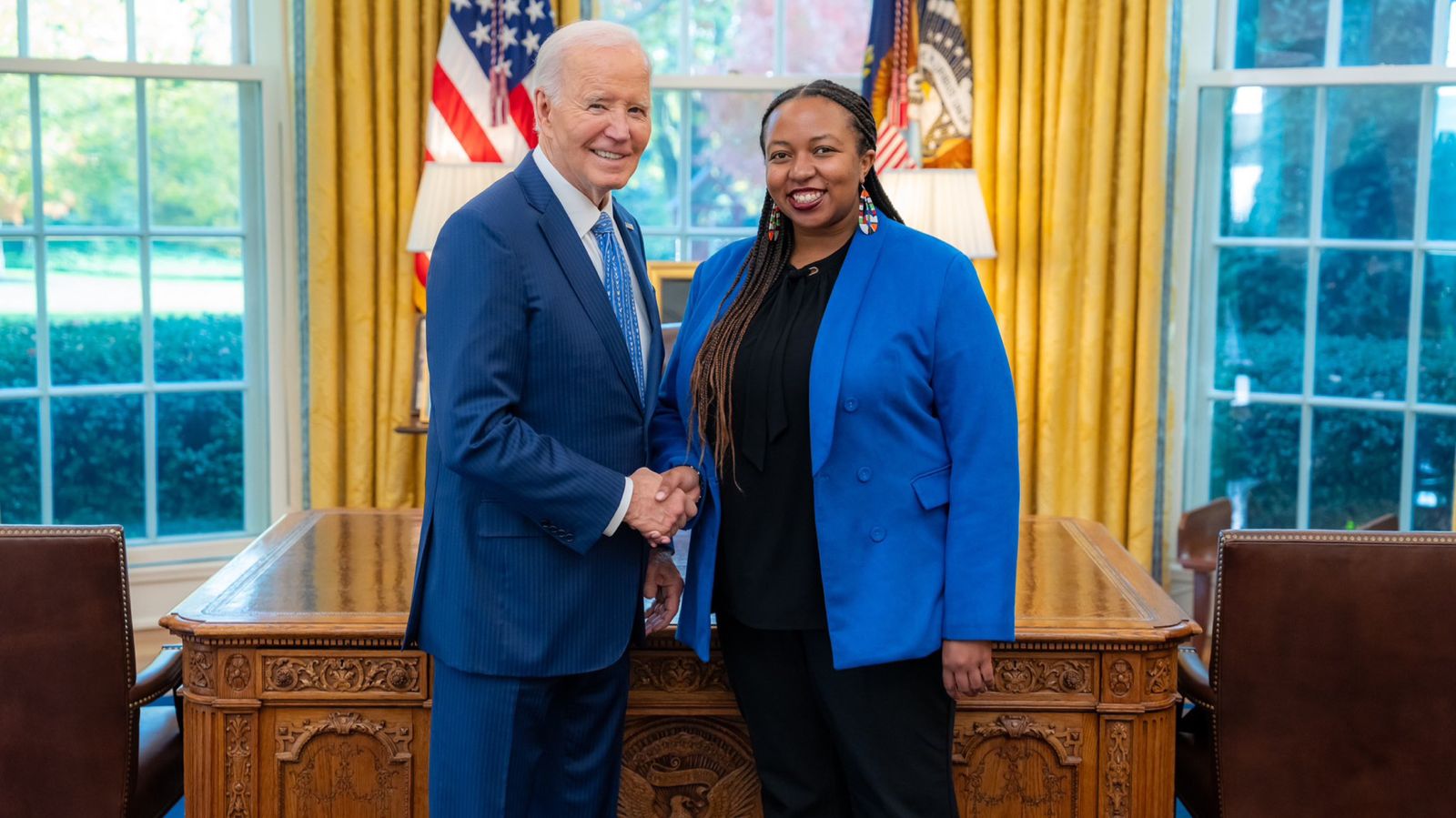Economist David Ndii has sought to justify why his office will receive more than Sh 194 million in the 2024/25 fiscal year.
As borne in this year's Budget Policy Statement, the Kenyan taxpayer is set to cumulatively splurge over Sh 1.1 billion on the pool of President William Ruto's advisers.
David Ndii's Presidential Council of Economic Advisers would receive Sh 194 million, with a good chunk being on, among others, entertainment and travel.
Observant Kenyans questioned why such extravagance despite the many calls for austerity measures on the side of the government.
Granted, those concerned sought to know how the monies would be utilised.
Read More
"Question. How many members of staff does Ndii's office have? So, the president's economic advisor needs bodyguards, drivers, cooks, and gardeners? All these just to advise the president?" posed Moses Shauri.
Quick to shed light, Ndii explained that the advisers befit the allocation owing to their levels of education and expertise.
"We have 10 CS/PS level advisors, of which 5 Ph.D.s (4 professors) ~ 15 support staff (0 bodyguards)," he answered.
Ndii added," Advisors are not paid entertainment allowance. The budget is for meetings. Our job entails policy development and implementation oversight. That means convening meetings typically 3 - 4 per day with 10 - 30 people each. The biggest facility in our office is boardrooms."
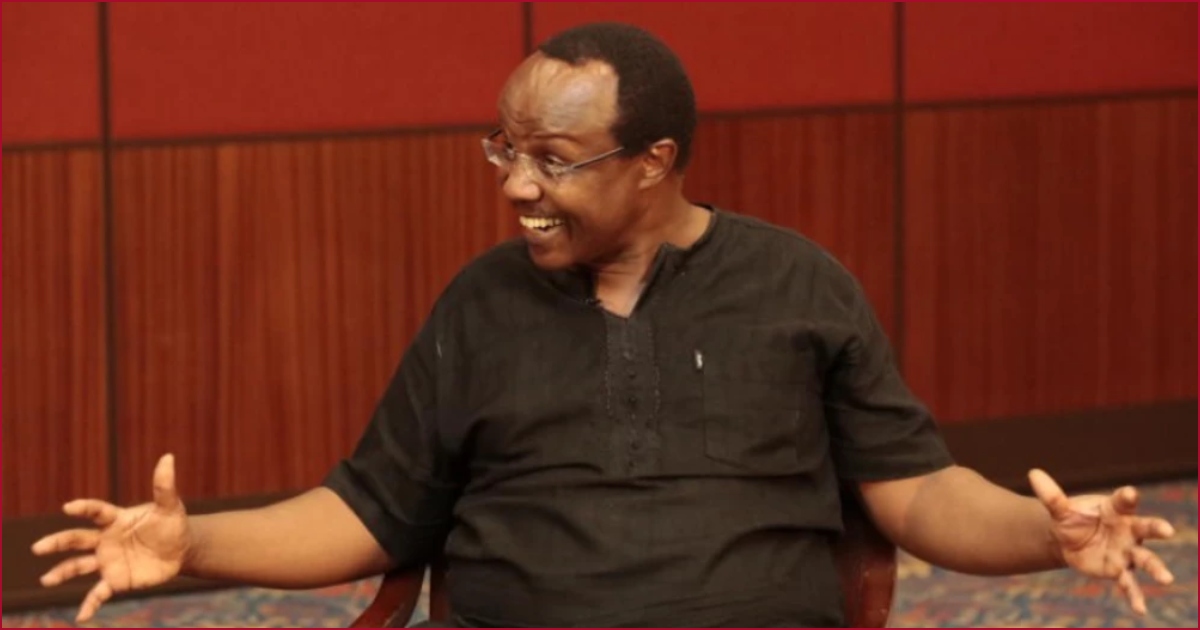
Ndii is on record admitting that the government is essentially extravagant.
The economist who chairs the Presidential Council of Economic Advisers suggested the government may not shun the globetrotting spree anytime soon.
While the state has argued that the travels are of great importance to the country, Ndii appeared to be of a different opinion.
"Government is wasteful. And this administration has an itchy feet problem," he said.
For a time now, foreign trips by government officials have been constituting the areas the exchequer splashes monies on.
The expenses are on bloated delegations, expensive flights, accommodation, and allowances.
The travels have been competing with other vital areas such as health and education for allocations.
